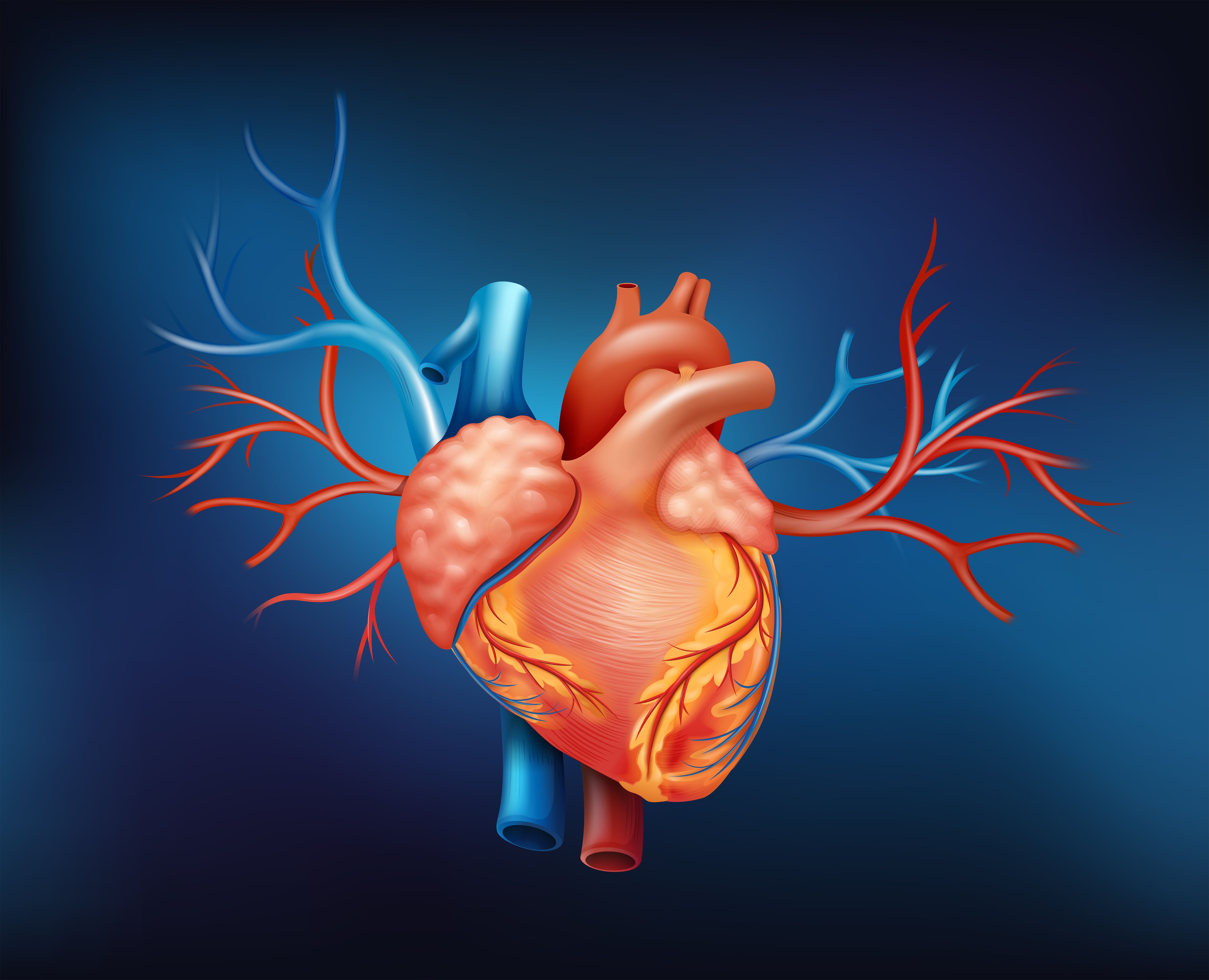
Did you know coronary artery disease is the leading risk factor for sudden cardiac arrest?
It’s true. While sudden cardiac arrest (SCA) strikes people with no known heart disease, it’s far more likely to strike those who do - especially people with coronary artery disease (CAD).
How big a problem is CAD? We’ll let these numbers tell the story:
It's the leading cause of death among adults in the U.S., accounting for more than 600,000 fatalities each year.
It impacts more than 20 million Americans.
Up to 80 percent of SCA events are related to CAD.
Let’s dive into the role coronary arteries play in your heart’s health, learn more about CAD and its connection to SCA, and share steps you can take to keep these key blood vessels healthy.
A traffic jam on the highway to the heart
Your coronary arteries are your blood’s thoroughfares to your heart, feeding heart muscle with a steady supply of oxygen and nutrients. While you can liken these arteries to highways, each is only about the width of a drinking straw, approximately 1/8 inch, so keeping them free and clear is key to your heart’s health.
CAD occurs when plaque – made of cholesterol and other substances – builds up in your coronary artery walls, narrowing them and making them stiff. Blood has a harder time passing through the arteries and flowing to the heart.
CAD is often called a silent killer because plaque builds up slowly over decades. You can have CAD for years and feel no symptoms. It’s only when a plaque grows large enough to significantly obstruct blood flow that you might feel symptoms, such as chest pain and shortness of breath. However, a severe blockage can cause a life-threatening emergency, such as a heart attack or SCA.
How CAD and SCA are connected
Here are two of the ways CAD and SCA are linked.
1. Abnormal heart rhythms
When CAD decreases blood flow to your heart, it can cause it to beat irregularly. An irregular heartbeat is called an arrythmia. Some arrythmias can cause SCA.
Ventricular fibrillation is the arrythmia most associated with SCA. It occurs when your heart’s two bottom chambers, the ventricles, stop beating due to a malfunction in your heart’s electrical system. Blood is no longer pumped through your body, starving your organs – including your brain, heart, and lungs – of oxygen. Without immediate medical attention, your chances of survival are small.
2. Heart attack
While a heart attack and SCA are distinct health emergencies, they can be related because a heart attack can cause SCA. In these cases, a heart attack triggers an arrythmia, such as ventricular fibrillation, which leads to SCA.
Know your CAD risk factors and how to stay heart-healthy
Some CAD is hereditary, and getting older and your sex can play a role too; however, most risk factors are caused by lifestyle. They include:
- High cholesterol
- High blood pressure
- Smoking
- Eating unhealthy foods too often
- A sedentary lifestyle
- Heavy alcohol use
- Getting too little or too much sleep
- Unmanaged stress
The good news is CAD is mostly preventable. A heart-healthy lifestyle can go along way to keeping your coronary arteries as wide open as free-flowing highways. Here’s some helpful tips:
- Fill your diet with healthy, nutrient-dense foods
- Exercise regularly
- Don’t smoke
- If you consume alcohol, do so in moderation
- Maintain a healthy body weight
- Try to manage your stress levels
- Get enough sleep
- Control your blood sugar, cholesterol, and blood pressure
If you have high cholesterol, your doctor may prescribe medication to go along with your heart-healthy lifestyle. Surgery may be needed if your CAD is severe.
At Starting Hearts, we can provide you with specific training for making a life-saving difference.
Contact us for more information: info@startinghearts.org
Patrick Golden is a healthcare writer based in Massachusetts.
